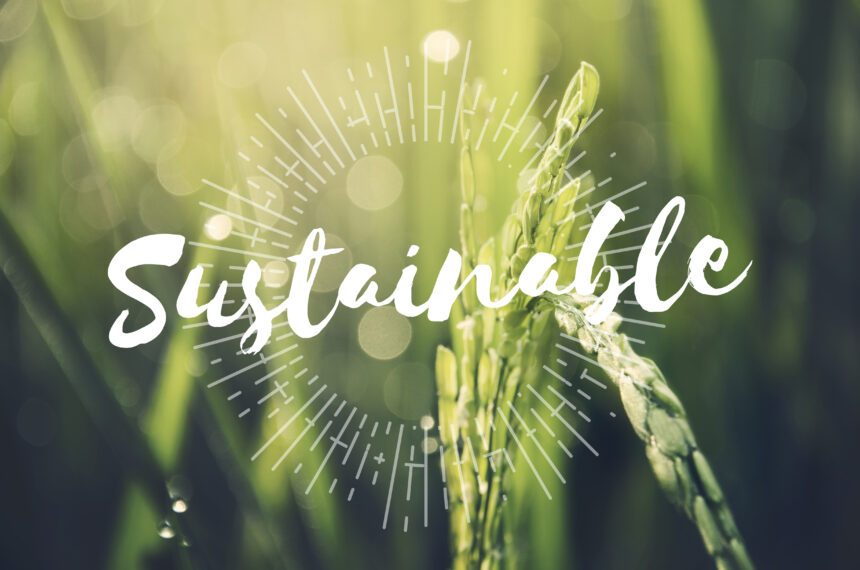Non-fungible tokens (NFTs) have gained significant attention in recent years for their ability to revolutionize the way we perceive and trade digital assets. However, the environmental impact of NFTs has been a subject of concern. As South Africa continues to prioritize sustainability and green initiatives, it is essential to explore how NFTs can be integrated into the country’s environmental efforts. By harnessing the power of blockchain technology and promoting sustainable practices within the NFT space, South Africa can pave the way for a greener future while embracing the digital revolution.
Understanding NFTs and Environmental Impact
NFTs are unique digital assets that can represent ownership of various items, such as artwork, music, videos, and virtual real estate. These tokens are built on blockchain technology, providing a transparent and decentralized platform for buying, selling, and verifying ownership of digital assets.
However, NFTs have faced criticism for their environmental impact, particularly due to the energy consumption associated with blockchain networks like Ethereum. The process of minting an NFT involves complex computations that require significant computational power and electricity. In the case of Ethereum, the consensus mechanism used (Proof of Work) consumes a considerable amount of energy.
Promoting Green Initiatives in the NFT Space
- Exploring Energy-Efficient Blockchain Alternatives: South Africa can encourage the development and adoption of energy-efficient blockchain platforms that offer a reduced carbon footprint. Some emerging blockchains, such as Ethereum 2.0 (transitioning from Proof of Work to Proof of Stake), aim to drastically decrease energy consumption. By supporting these environmentally friendly alternatives, South Africa can promote sustainable NFT practices.
- Offsetting Carbon Footprints: NFT platforms and creators can take steps to offset their carbon footprints by investing in renewable energy projects or purchasing carbon credits. These initiatives can neutralize the environmental impact caused by NFT transactions and contribute to the country’s renewable energy goals.
- Embracing Sustainable NFT Art: Artists and creators can incorporate sustainability themes into their NFT artworks, raising awareness about environmental issues and inspiring viewers to take action. This synergy between art and sustainability can encourage individuals to support eco-friendly initiatives while appreciating digital art.
- Education and Awareness: Educating NFT collectors, artists, and platforms about the environmental impact of NFTs is crucial. By raising awareness, South Africa can foster a culture of sustainability within the NFT community, promoting responsible practices and inspiring innovative solutions to mitigate the environmental impact.
Collaboration and Partnerships
To effectively promote green initiatives in the NFT space, collaboration among key stakeholders is essential:
- Government Agencies: South African government bodies, such as the Department of Environmental Affairs and the Department of Trade, Industry, and Competition, can collaborate with blockchain industry experts to develop guidelines and frameworks for sustainable NFT practices. This partnership will ensure that environmental concerns are integrated into the country’s digital strategies.
- Blockchain Developers and Platforms: Engaging with blockchain developers and NFT platforms is crucial to encourage the adoption of sustainable practices. By incentivizing energy-efficient solutions, South Africa can shape the direction of the NFT industry toward a greener future.
- Environmental Organizations: Collaborating with environmental organizations, both locally and globally, can provide valuable insights and expertise. Environmental groups can contribute to the dialogue on sustainable NFT practices, offer guidance on offsetting carbon footprints, and participate in awareness campaigns.
Conclusion
NFTs have the potential to become a catalyst for positive change in South Africa’s environmental landscape. By promoting sustainable practices, offsetting carbon footprints, and embracing green initiatives within the NFT space, South Africa can position itself as a leader in sustainable digital innovation. The collaboration between government bodies, blockchain developers, NFT platforms, and environmental organizations will be crucial in creating a balance between the digital revolution and ecological preservation. Through these efforts, South Africa can pave the way for a future where technology and environmental sustainability coexist harmoniously.










